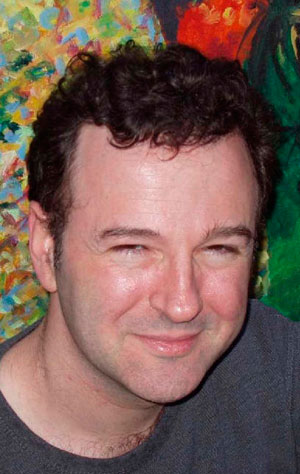|
|
Tony Barnstone is Associate Professor of Creative Writing and English at Whittier College, and has published his poetry, fiction, essays and translations in dozens of major American journals. His books of poems include Sad Jazz: Sonnets (Sheep Meadow Press, 2005) and Impure: Poems by Tony Barnstone (University Press of Florida, 1998) in addition to the chapbook Naked Magic. His other books include The Anchor Book of Chinese Poetry; Out of the Howling Storm: The New Chinese Poetry; Laughing Lost in the Mountains: Poems of Wang Wei; The Art of Writing: Teachings of the Chinese Masters; and the textbooks Literatures of Asia, Africa and Latin America, Literatures of Asia, and Literatures of the Middle East. His forthcoming books are a translation of the selected poems of Han Shan, Chinese Poems of Erotic Love (Anchor Books), and number of textbooks for Prentice Hall Publishers, including The Pleasures of Poetry: An Introduction, World Literature (two volumes), and Modern Poetry: An Anthology with Contexts, among others. Born in Middletown, Connecticut, and raised in Bloomington, Indiana, Barnstone lived for years in Greece, Spain, Kenya and China before taking his Masters in English and Creative Writing and Ph.D. in English Literature at UC Berkeley. |
|
Worn
He's cleaning out the trunk in which his clothes
Hair
Yesterday, as I pumped cold water
The Buddha of the South Pole ever imagined by a human being"
A physicist is stuck in a bunker at the South Pole,
|

|
© 2006 Tony Barnstone |
|